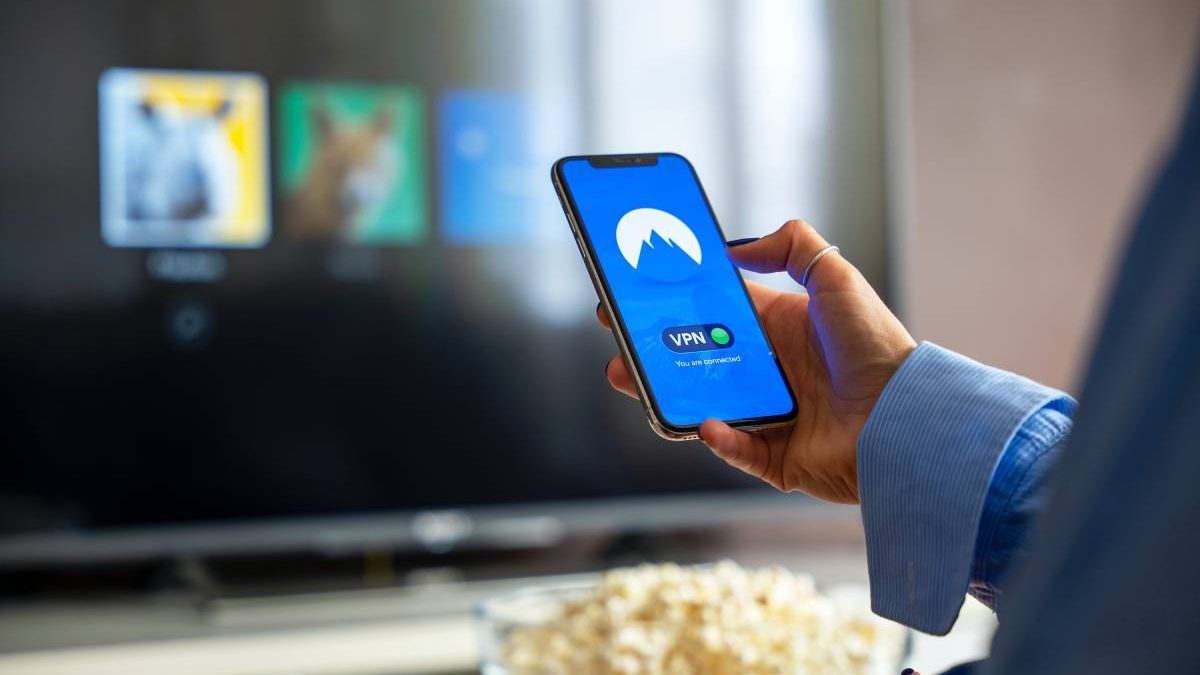A Virtual Private Network, or VPN, is among the most important tools available for protecting your privacy, keeping your data secure, and ensuring consistent access to your preferred websites and apps. There is nothing wrong with using free products. For example, temporary email generators from AdGuard. Free and paid VPN services might offer quite varied levels of service and security, so it’s important to be careful when choosing a VPN. How can you then be certain that you’re picking the optimal solution? To help you choose a service provider wisely without sacrificing quality or putting your data at risk, we examine the pros and cons of free versus paid VPN in detail in this post.
Table of Contents
Free vs paid VPN: What’s the difference?
Most free VPN services are provided by smaller organizations or businesses and have restrictions on the amount of bandwidth (data transfer speed) and servers that users can connect to. Unlimited bandwidth, access to numerous servers, and superior security protocols are some of the most robust features that paid VPN services typically offer. In the case that you encounter any primary security issues with your VPN connection, their customer assistance is likely to be more reliable, which is an important consideration. Because there are numerous VPN providers to choose from, finding the one that best suits your needs might be difficult. When deciding between a premium and free VPN, it’s crucial to consider the benefits and downsides of each.
Is free VPN better than paid?
No. There is a trade-off between privacy and security when using a free VPN compared to a paid one. And there’s always the chance that your data won’t be as safe with a free service compared to a premium on, because many free ones depend on selling user data to remain alive.
What are the main disadvantages of using a free VPN?
- The most significant issue with free VPNs is the restrictions placed on the products and services they offer. Compared to premium VPNs, free ones usually offer worse security protocols, fewer servers to pick from, and slower internet rates. Some free VPNs may not work properly if the hosting services don’t respond properly.
- Also, there’s no guarantee that these services will always be available; sometimes they won’t or may stop responding altogether. They may include malicious software, endangering your personal information and data.
- Finally, resolving any technical issues you have may become tough while using a free VPN service because these organizations and businesses frequently have little resources and may not have the finest customer support.
What are the main benefits of using paid VPN?
- Unlimited bandwidth, access to numerous servers, and sophisticated security protocols are just a few of the advantages that paid VPNs offer over free ones. In the event that an issue arises, you should be able to obtain assistance promptly because of their generally superior customer service.
- Paid VPNs also offer the added benefit of not depending on the sale of user data to be operational. They guarantee the security of your data and the protection of your privacy.
- When trying to access content that is geoblocked, paid VPN services also usually perform well. Using a premium VPN service is a great way to circumvent geo-restrictions when viewing videos from other countries.
- With their extensive network of servers spread out throughout the globe, you may access any content you desire, no matter where you are.
Conclusion
Your data will be safer with a paid VPN than with a free one. Paid VPNs are generally more dependable and secure. Make sure to read the reviews and security measures before using any VPN. It is always best to use popular ones.

